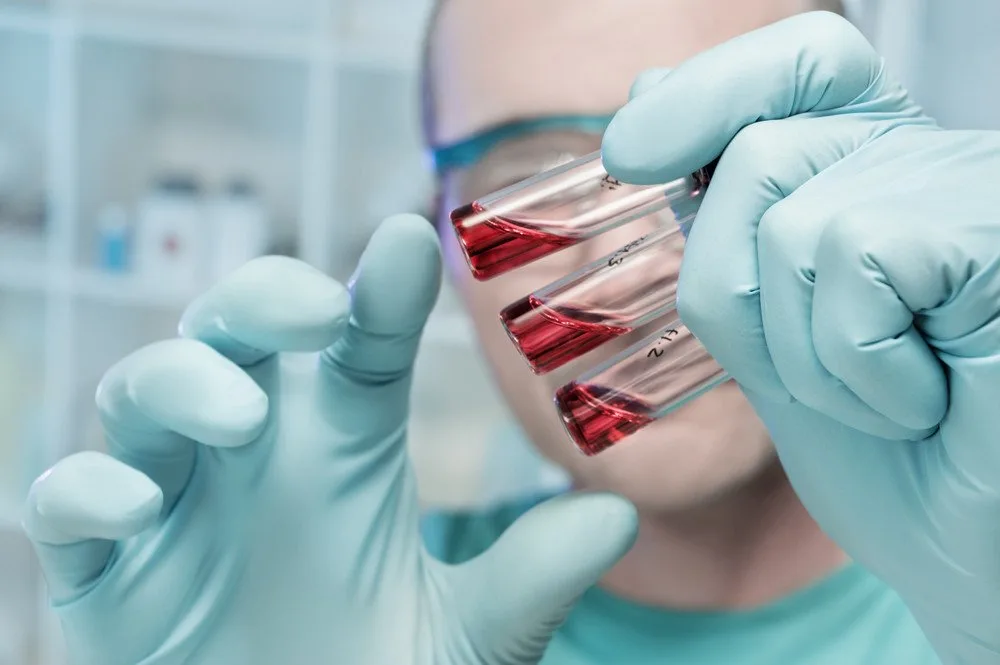The healthcare industry is a pillar of human well-being. Integral to its success are the medical laboratory scientists (MLSs) who provide the diagnostic backbone for physicians and healthcare teams. These meticulous professionals have a critical role to play. Undoubtedly, they are responsible for analyzing a wide array of clinical samples and delivering results that guide patient care decisions. If you’re seeking a career that combines the intrigues of science with the fulfillment of contributing to patient care, becoming an MLS might be your calling. In this article, we’ll explore the vital steps and qualifications needed to embark on this impactful career path. Longevity Live Paid Content.
Educational Pathways to Becoming a Medical Laboratory Scientist
Aspiring Medical Laboratory Scientists (MLSs) typically start with a bachelor’s degree in medical laboratory science or a related field. This undergraduate program provides a comprehensive understanding of certain key subjects. These include microbiology, hematology, and immunology. Additionally, practical training, including lab courses and internships, equips students for real-world challenges.
For those aiming to enhance their skills, pursuing higher education like an MLS master’s degree can offer opportunities for leadership and specialization. These advanced degrees broaden career options and prepare individuals for managerial roles in healthcare. Scholarships for juniors in high school interested in the sciences can provide crucial financial support for students transitioning from high school to college, facilitating their journey toward a career in medical laboratory science.
Understanding the Role of a Medical Lab Scientist
Medical laboratory scientists are skilled in biological and chemical sciences, conducting a variety of tests from cholesterol levels to identifying pathogens. Basically, their work influences diagnosis, treatment, and disease prevention. Quality control is vital in their profession, ensuring accurate data from sophisticated equipment. MLSs must decode and relay complex information to healthcare colleagues effectively.
Biosafety is paramount as they handle potentially infectious samples, adhering to strict protocols to protect themselves and others. MLSs embrace ongoing learning due to evolving technologies and pathogens, requiring adaptability and a passion for scientific discovery.
Necessary Certifications for Medical Lab Professionals
Certification stands as a crucial badge of honor for MLS professionals, showcasing their expertise and commitment to industry excellence. After completing an MLS masters degree, individuals must pass a certification exam administered by reputable bodies like ASCP. This certification isn’t a one-time affair but requires ongoing education and renewal to meet state and employer standards. Additionally, MLSs can pursue specialized certifications to highlight their proficiency in specific laboratory sciences areas.
Being certified elevates an MLS beyond a mere employee. It establishes them as competent professionals in the eyes of peers, employers, and patients. Many healthcare institutions mandate certification for employment, underlining its significance in the field. Certainly, the certification process demands both time and resources. Nevertheless, it’s designed to maintain the profession’s integrity and ensure high standards are upheld.
Gaining Valuable Experience in Clinical Laboratory Settings
Real-world experience is invaluable for future Medical Laboratory Scientists (MLS). This will allow them to apply classroom knowledge in practical settings. Clinical rotations, often part of educational programs, offer hands-on exposure to lab challenges and breakthroughs across various departments. Internships, volunteer work, or part-time roles in research or hospital labs provide additional perspectives and opportunities to network with professionals. These experiences refine lab skills and deepen understanding of laboratory diagnostics complexities.
Certainly, the leading aim is to cultivate well-rounded MLS professionals. These individuals need to be able to seamlessly integrate technical proficiency with a nuanced understanding of healthcare systems. Accordingly, experience serves as the vital link between academic achievements and meaningful contributions to patient care.
Continuous Learning and Specialization in the Medical Lab Science Field
Medical laboratory science demands ongoing learning. This is important in order to stay abreast of changing methodologies and creative technologies like molecular diagnostics and genomics. Subsequently, continuous education beyond certification is essential for professionals in this field.
Specialization in areas like molecular diagnostics, genomics, and bioinformatics is becoming more common as these technologies push the boundaries of medical research.
Attending professional events such as workshops, seminars, and conferences is paramount for MLS professionals. Doing so helps them stay updated and connected with peers while fostering collaboration and growth.
For those aiming higher, engaging in research and contributing to scholarly publications greatly enriches the individual. It further influences the broader scientific community and improves patient care.
Altogether, becoming a medical laboratory scientist is fairly demanding. It requires dedication to rigorous academic studies, hands-on clinical training, and continuous professional growth. It’s a career path that requires unwavering commitment to the crucial role MLSs play in healthcare. Despite the challenges, it’s a fulfilling journey offering the chance to greatly influence patient well-being and medical results.



![women [longevity live]](https://longevitylive.com/wp-content/uploads/2020/01/photo-of-women-walking-down-the-street-1116984-100x100.jpg)










